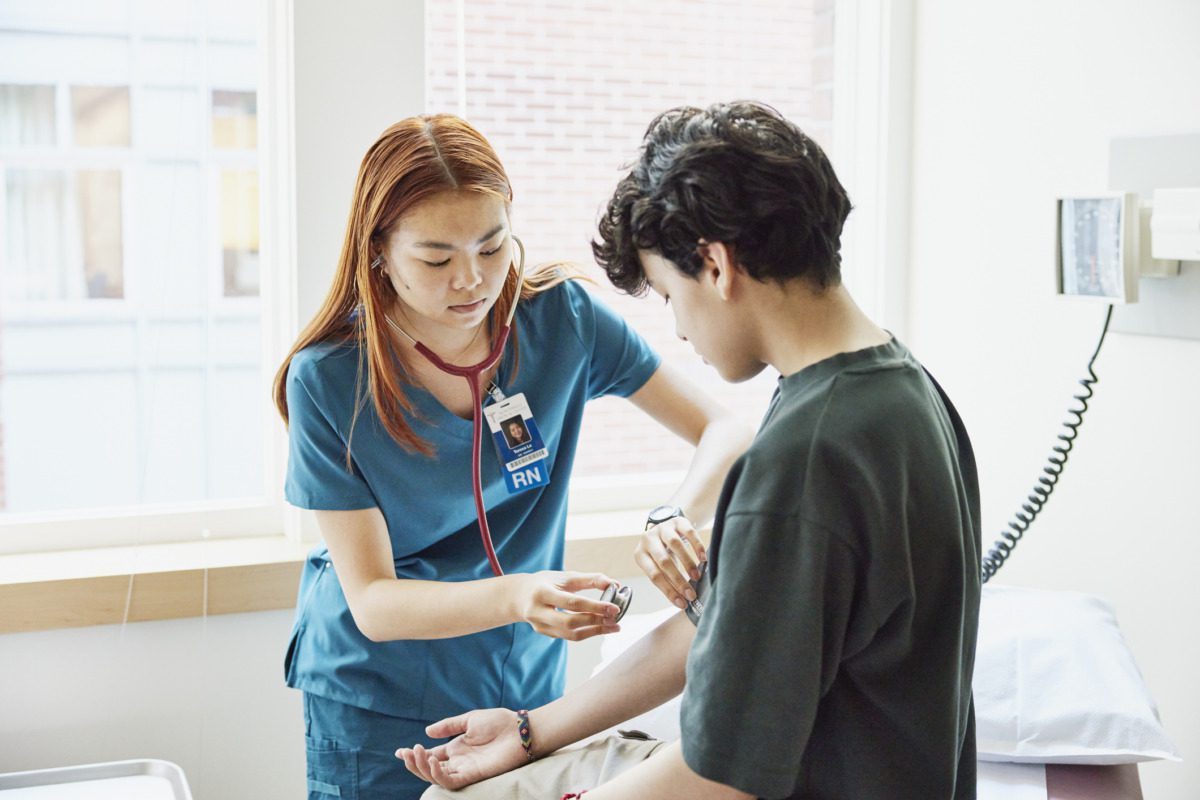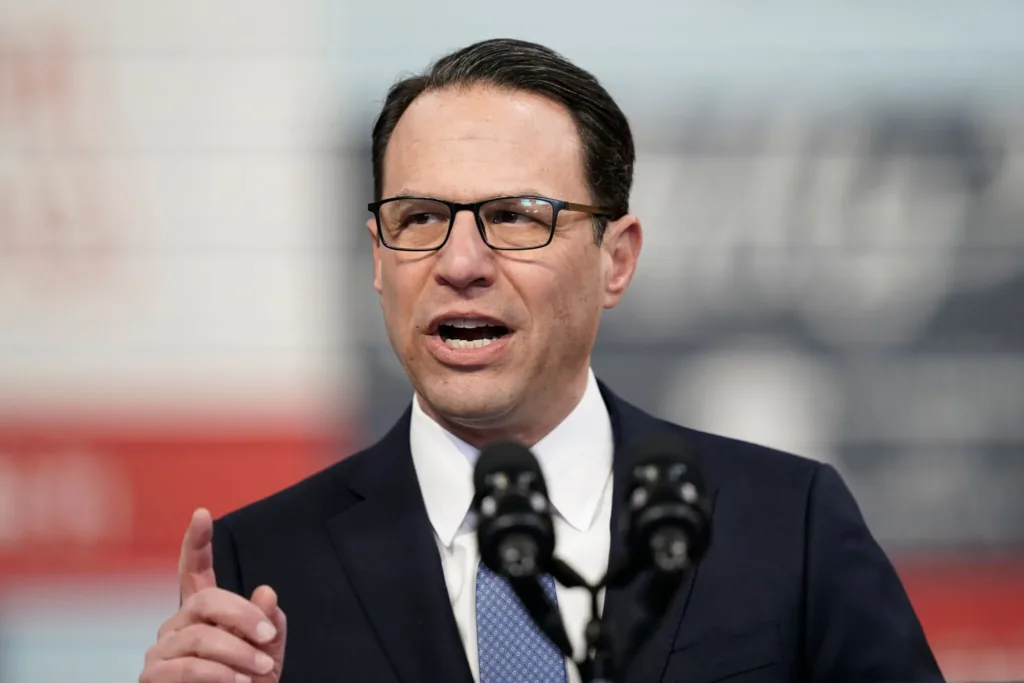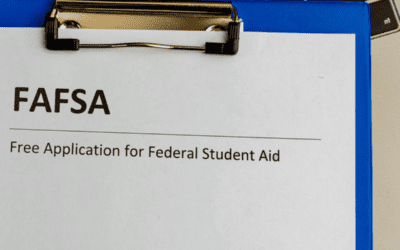
Nursing is a demanding job in the best of times. But during the COVID-19 pandemic, long hours, illness and stress caused many caregivers to burn out and leave the profession. Pennsylvania’s rural hospitals were especially hard hit, with vacancy rates of 28 percent for nursing support staff and 26 percent for registered nurses.
But there’s good news. Responding to the pandemic, Congressional Democrats passed the American Rescue Plan Act (ARPA) in 2021 and President Joe Biden signed it into law. The ARPA makes it easier for Pennsylvanians to pursue careers in health care.
“Nurses have been leaving the field in alarming numbers, but it doesn’t have to be this way,” said state Senator Maria Collett (D-Montgomery), who helped create the earn-as-you-learn Nursing Pathway Apprenticeship Program.
Funded by the ARPA and administered by the Pennsylvania Department of Labor & Industry, the apprenticeship program helps applicants earn professional qualifications as home health aides, certified nursing assistants and licensed practical nurses.
Nursing Pathways funding currently supports the following:
- Berks County Workforce Development Board
- Three Rivers Workforce Investment Board (Partner4Work)
- Workforce Solutions for North Central PA
- BAYADA Home Health Care, Inc.
- Emerge Education LLC
Acting L&I Secretary Nancy Walker said the apprenticeship grants not only help address critical workforce shortages, but also “create equitable access to opportunities that build careers and contribute to a strong economy, while eliminating barriers to quality, family-sustaining employment.”
There’s even more help for nursing students
Last year, the Health Resources and Services Administration (HRSA) awarded Carlow University nearly $2.6 million to increase the number of family nurse practitioner graduates with advanced education in mental health, substance use disorders, and women’s and maternal health care.
“This grant allows us to better ensure a pipeline of nurse practitioners into our communities experiencing the greatest healthcare challenges and needs,” said Dr. Rhonda Maneval, dean of the College of Health and Wellness and School of Nursing.
- HRSA is also providing $700,000 to the Allegheny-Singer Research Institute in Pittsburgh to increase the number of advanced practice nurses in primary care.
- A $162,911 grant is funding low-interest loans and loan cancellation incentives to encourage Pennsylvania nurses to pursue careers as nursing school faculty at the following universities: Carlow, Duquesne, Indiana of Pennsylvania, Moravian, Thomas Jefferson, University of Pennsylvania, University of Pittsburgh and Widener.
- Another $120,524 supports nurse anesthetist training at seven universities including Cedar Crest, Gannon, LaSalle, and Villanova.
- In addition, a multi-state social worker compact will make it easier for social workers to practice across state lines without having to apply for a license in each participating state. It will also increase behavioral health access, facilitate telehealth services, and build and sustain primary care.
The state legislature supplements federal efforts to shore up health care services in Pennsylvania. Sen. Collett helped secure an additional $2 million for the Nursing Pathways Apprenticeship Program as part of the 2024-25 state budget. She said the money will “continue to provide the training and resources our future nurses need and ensure every patient receives the quality care they deserve.”

School districts working with anti-LGBTQ groups can cost your kids’ schools millions
Parents across South Central Pennsylvania are worried about the potential financial impacts working with anti-LGBTQ groups may have on their school...

Opinion: Harrisburg Republicans’ Budget Surplus Flip-Flop Reveals True Priorities
Harrisburg Republicans have spent years honing a simple political strategy that could be described as oppose, pander, and negotiate in bad faith....

Central PA school board director cancels himself over gay guest speaker fallout
The Cumberland Valley School Board director resigned in protest on Monday after the board voted to reinstate Maulik Pancholy. The board originally...

Biden administration cancels $45.1 million in student debt for Pennsylvania residents
Another 5,600 Pennsylvania residents saw $45.1 million in student loan debt canceled by the Biden administration last week. Borrowers were enrolled...

Biden proposes new student debt relief plan for Pennsylvania borrowers facing ‘hardship’
The Biden administration on Thursday announced its latest proposal for widespread student loan cancellation that could provide relief to millions...




